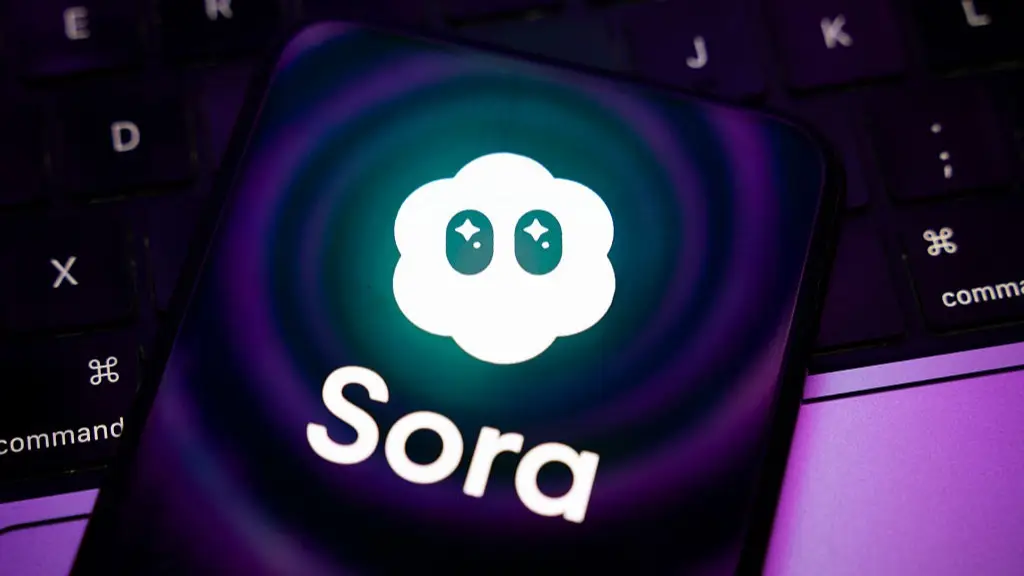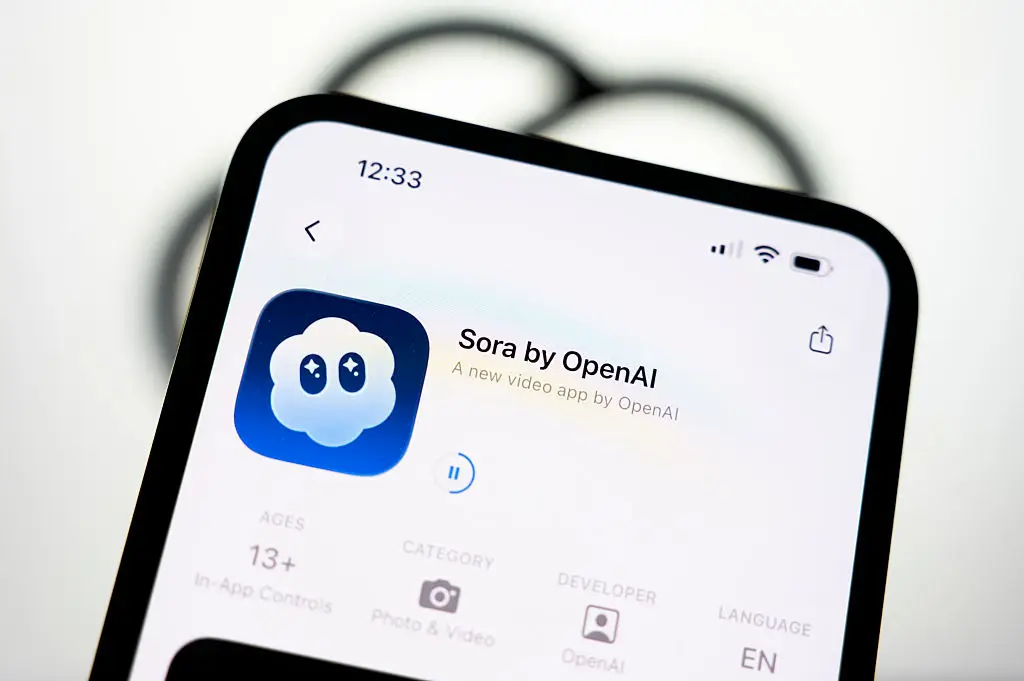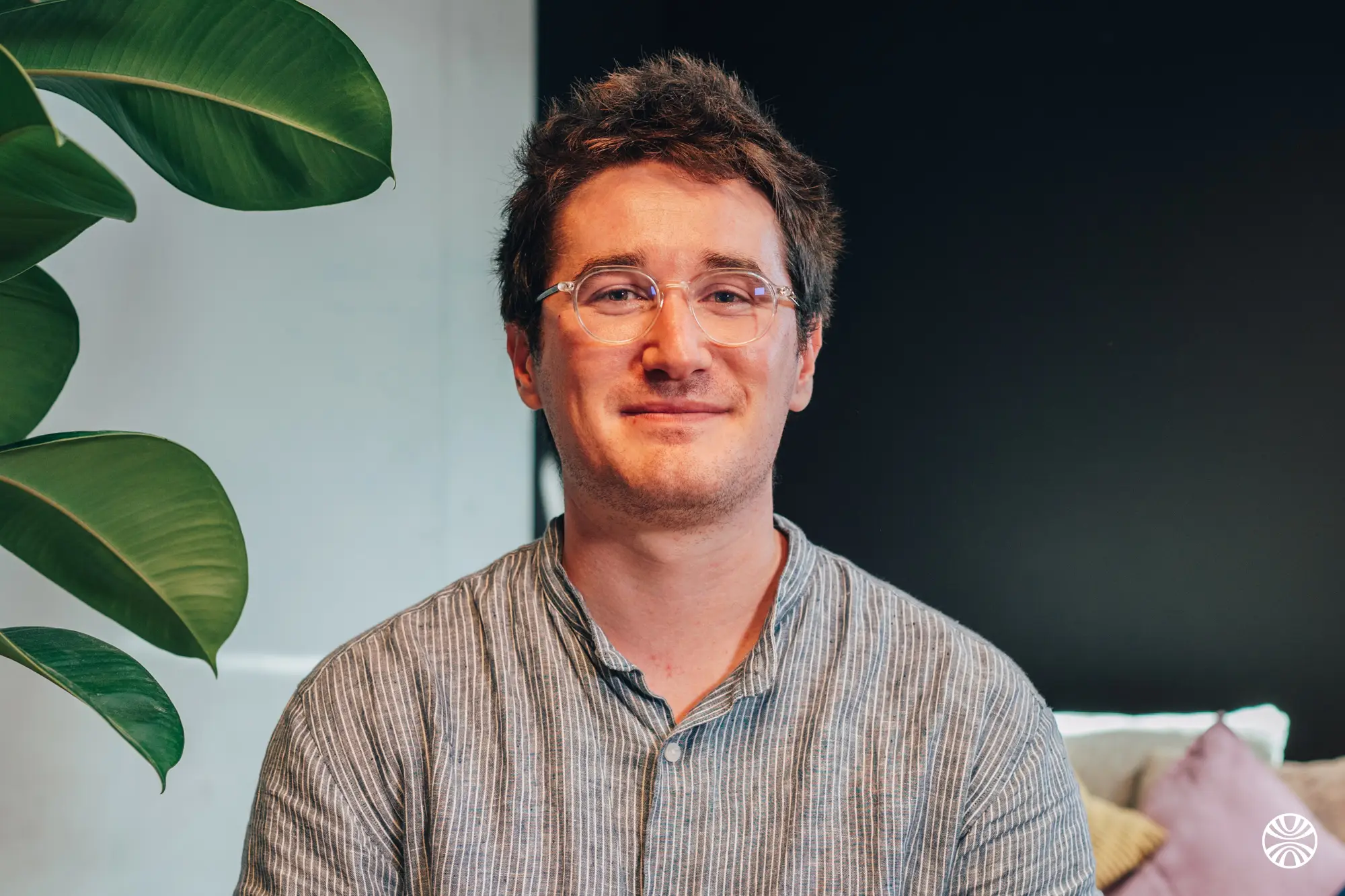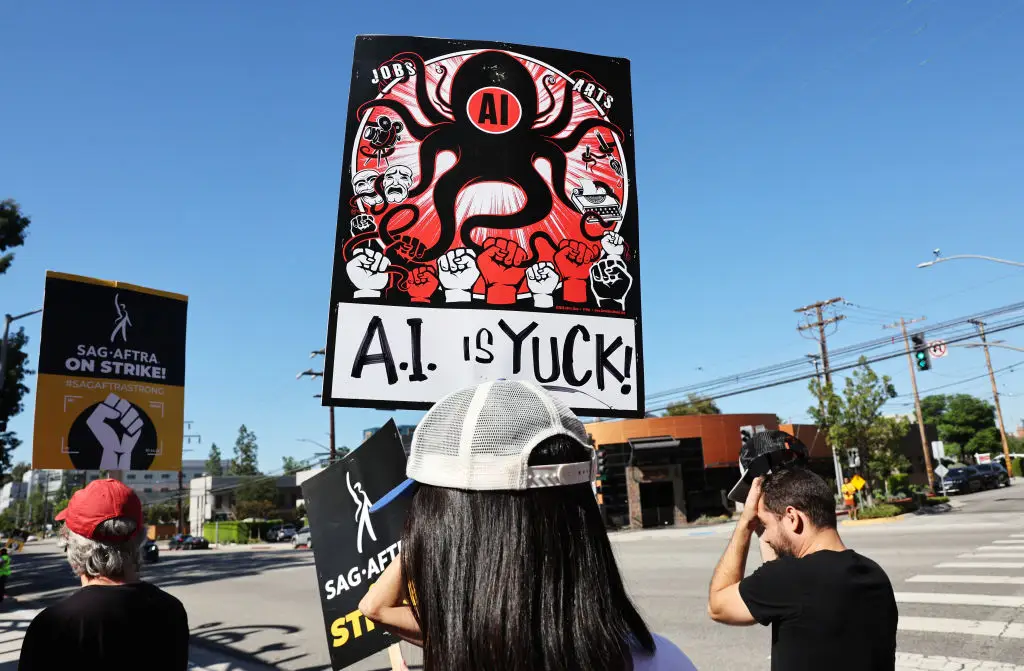
A tech boss has warned which industry could be wiped out by OpenAI's latest video-generation product, Sora 2.
If you've been online at all this past week - and of course you have - then you'll no doubt have seen some usual short-form videos floating around.
Maybe it was of Stephen Hawking dunking on two wrestlers, knocking them to the ground.
Or perhaps it was of Michael Jackson rapping, or Spongebob Squarepants cooking meth.
Advert
They’re all the result of people playing with the latest edition of OpenAI’s video-generation tool, Sora 2.
From the company behind ChatGPT, this second-generation text-to-video-plus-audio model creates short clips directly from user-written prompts.
Rolled out in the US and Canada on September 30, it rapidly generates videos complete with synchronized dialogue, ambient sound and effects.
The platform also doubles as a social media app - currently invite-only - but, naturally, some of its strangest creations have already spilled onto the wider internet.

And while there’s no denying the results are impressive (if a little unsettling), it’s clear, for now, they’re created by artificial intelligence.
But with technology evolving this fast, it might not be long before the line between reality and generation becomes even harder to see.
Now Félix Balmonet, CEO of 3D modelling AI start-up Chat3D, has told UNILAD that one particular industry is at risk from advancing video generation technologies like Sora 2.
Two years ago, lack of AI regulation contributed to the 2023 Hollywood strikes.
And now, with AI actress Tilly Norwood gaining notoriety, fears around AI one day replacing actors are flaring up again.
On the previous Hollywood strikes, Balmonet said: "I know a lot of people were pretty surprised at the time to see these strikes, because the technologies were not that advanced.
"And so a lot of actors, for instance, did not feel concerned about this, but now they do."
Balmonet added that with what Sora 2 is bringing to the table, actors may once again find themselves worried about AI’s impact on their industry.

"There is a bunch of new agencies that are considering creating their own models to license them and sell their image to different brands," he added.
But given the strong backlash from A-listers, actors and filmmakers may not have too much to fear right now.
Balmonet did warn that substantial changes 'may be coming in the future,' however.
The 'biggest threat,' Balmonet predicts, is to the people working in movie VFX.
"It's extremely expensive, and these kind of technologies, such as Sora 2, are just reducing [the cost] to almost zero."
Not to mention that generating VFX in a matter of seconds is also way more efficient.
Balmonet added that the industry’s response to advancing video generation capabilities will be 'very interesting to watch'.

When it comes to the 3D modelling industry, where Balmonet’s company operates, he admits the situation is 'a little more tricky'.
"Our vision is that the AI could not replace an artist, and we need an artist to control what the AI producing," he explains.
Balmonet describes AI as being a 'teammate' to productivity, adding: "I would say that an artist by himself will not be replaced by an AI, but an artist alone could be replaced by a human using AI.
"And that's the big thing."
An OpenAI spokesperson told UNILAD: "Our video generation tools are designed to support human creativity, not replace it, helping anyone explore ideas and express themselves in new ways."
Topics: Artificial Intelligence, Hollywood, Film and TV, Jobs, Life, Technology, France